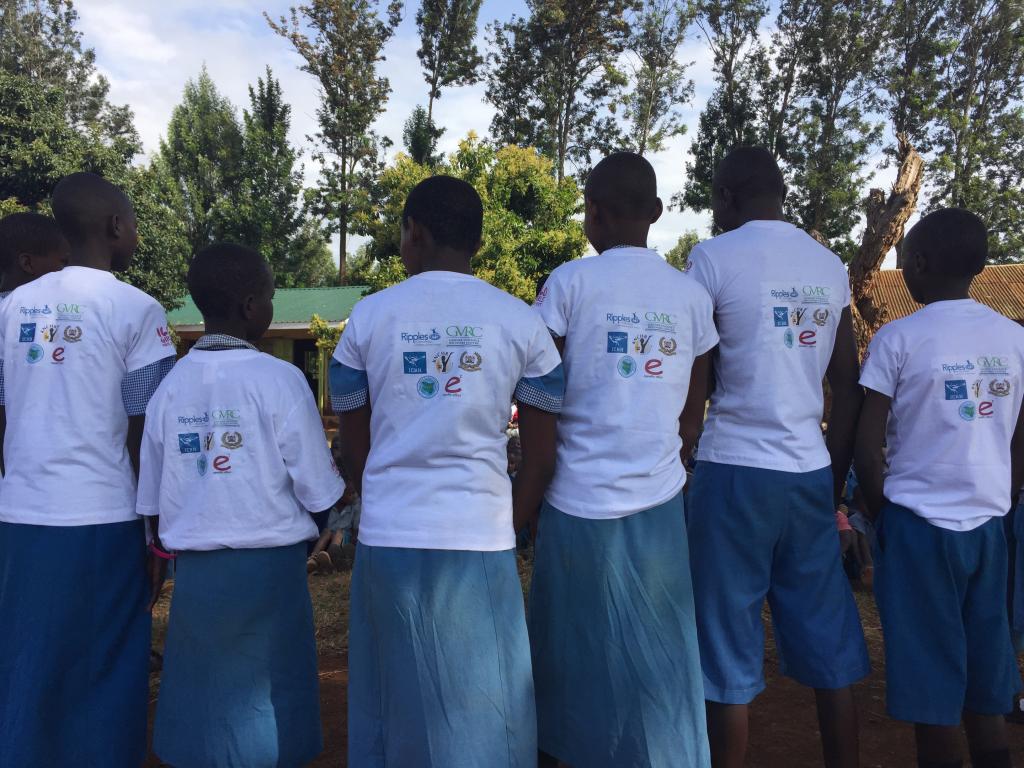Secondary menu
Equality Effect: Women's Rights in Meru, Kenya
Nicole Thompson (2L)
 Justice clubs presentation at Tigania primary school. Credit: Nicole Thompson.
Justice clubs presentation at Tigania primary school. Credit: Nicole Thompson.
This summer, I spent each work day reading the case files of young girls who had experienced sexual abuse, and followed their cases through the Kenyan judicial system. Then on the weekend, I would paint their nails or help them to colour pictures of barnyard animals at the Tumaini (Hope) Children’s Shelter. I applied to the IHRP Fellowship program because I knew that I wanted to take my classroom experiences and translate them into meaningful contributions abroad. This is exactly the kind of experience I got while working for the Equality Effect in Meru, Kenya.
Despite the steps taken by the Kenyan legislature and judiciary, sexual violence against women and girls is endemic throughout the country. Approximately 1 girl is raped every 30 minutes. In 2013, the High Court of Kenya heard a constitutional petition from Equality Effect representing 160 girls in the Meru region, who were all survivors of defilement and abuse. In attempting to access justice, many of these girls encountered significant obstructions by the police. In response, the High Court ruled that all police officers had an obligation to conduct ethical, thorough, and prompt investigations in all defilement cases. To ensure that this decision was about more than just a pro forma acknowledgement of responsibility, the Equality Effect has implemented public legal education, court monitoring, and police training programs.
Prior to arriving, I had built up expectations about what this type of legal work would look like: I would spend my summer conducting legal research and visiting court. Perhaps I would be able to assist in training seminars that battled the stigma attached to survivors of sexual violence. While I did all of these things and more, my fondest memories, and the experiences that will most shape my future as a lawyer, took place at the shelter. Run by Equality Effect’s local partner Ripples International, the Tumaini shelter provides security, basic care, and a community of support to girls who are testifying in ongoing sexual violence cases, or escaping abusive situations.
Law students analyzing cases in law school, even ones with troubling facts, are often insulated from the emotional and psychological effects that systems of justice can have on the parties involved. These personal connections allowed me to see how these institutions, in both their successes and failures, affected survivors in a way that would not have been possible from the classroom. These weren’t always legal skills that I was developing, but in connecting with these girls and their culture, I became a better advocate.
